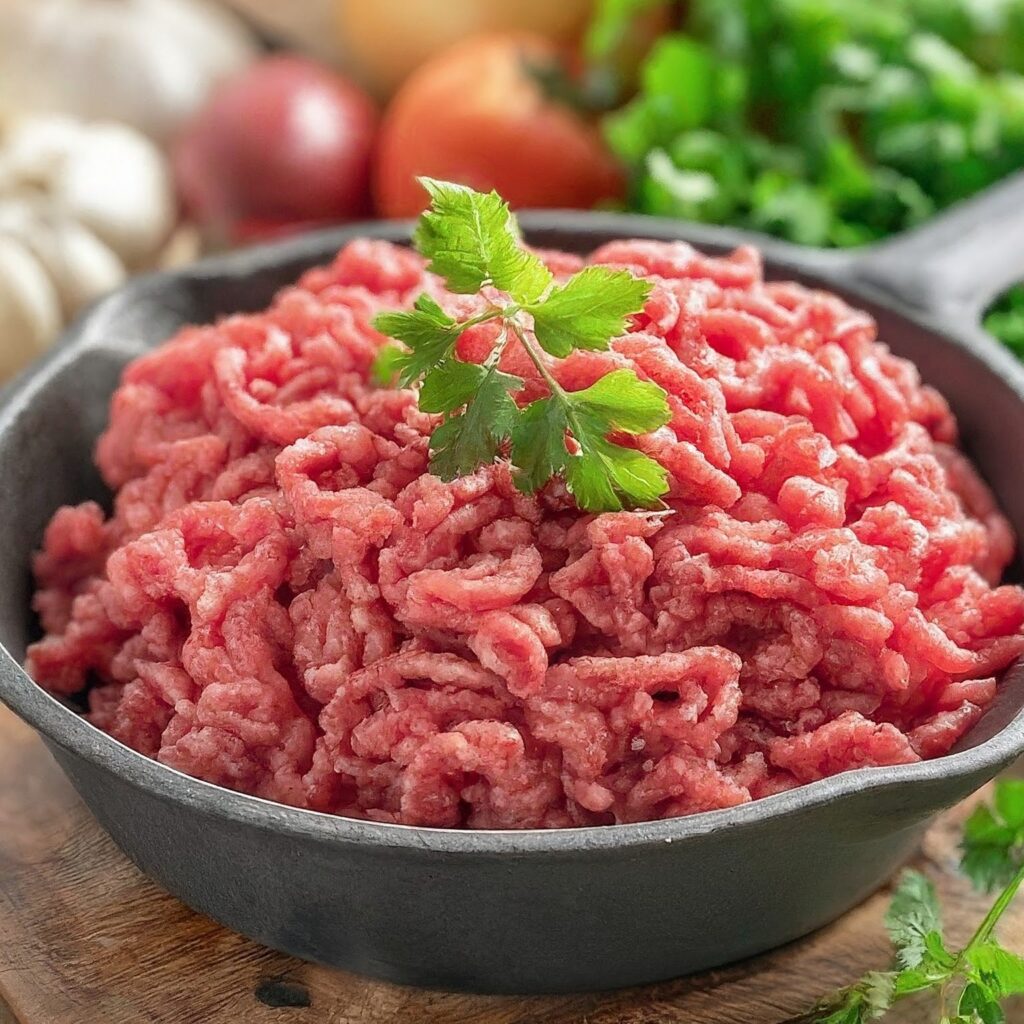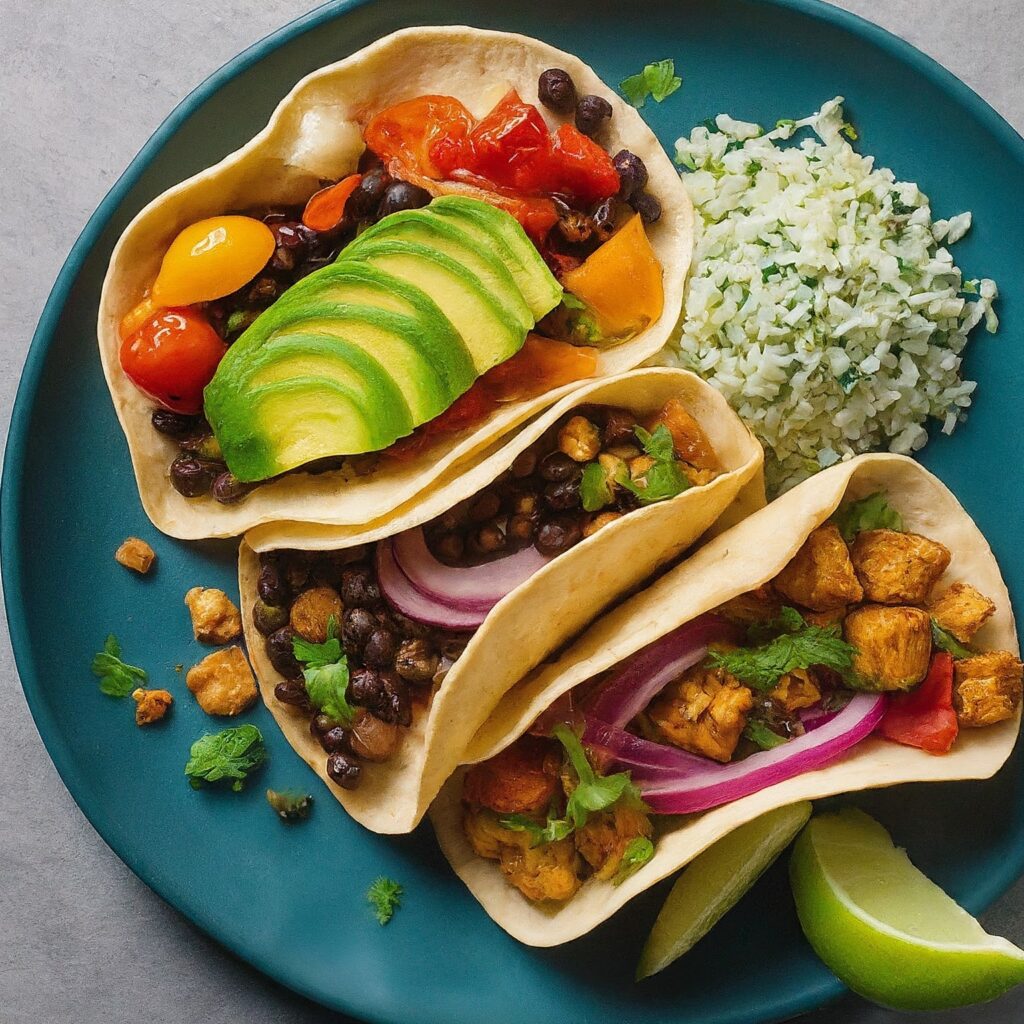Introduction to Plant-Based Meats
The rise of plant-based meat alternatives marks a significant shift in dietary habits and food production. These alternatives are designed to mimic the taste, texture, and nutritional profile of traditional meat but are made entirely from plant-based ingredients. As more people become concerned about health, environmental sustainability, and animal welfare, plant-based meats have gained popularity among vegans, vegetarians, and even meat-eaters looking to reduce their meat consumption.

Popular Brands and Products

- Beyond Meat:
- Known for its Beyond Burger, Beyond Sausage, and Beyond Beef. These products use ingredients like pea protein, beet juice, and coconut oil to replicate the taste and texture of meat.
- Impossible Foods:
- The Impossible Burger is made primarily from soy and potato proteins, with heme (a molecule found in plants and meat) to provide a meaty flavor and aroma.
- MorningStar Farms:
- Offers a wide range of plant-based products, including burgers, sausages, and chik’n patties, made from soy, wheat, and vegetable proteins.
- Gardein:
- Specializes in plant-based chicken, beef, and fish alternatives using soy, wheat, and pea proteins.
- Field Roast:
- Produces artisanal plant-based meats and cheeses using grains, vegetables, and legumes, known for their robust flavors and textures.
How Plant-Based Meats Compare Nutritionally to Traditional Meat

Plant-based meats are often designed to be nutritionally similar to traditional meats, providing comparable amounts of protein while being lower in saturated fat and cholesterol. Here are some key nutritional comparisons:
- Protein Content:
- Plant-based meats usually offer a similar protein content to their meat counterparts, often derived from soy, pea, or wheat proteins.
- Fat and Cholesterol:
- Typically, plant-based meats contain less saturated fat and no cholesterol, contributing to better heart health.
- Fiber:
- Many plant-based meats include added fiber, which is absent in traditional meat, aiding in digestion and promoting overall health.
- Vitamins and Minerals:
- Fortified with essential nutrients like vitamin B12, iron, and zinc, plant-based meats aim to match or exceed the nutrient profiles of traditional meats.
Delicious Recipes Using Plant-Based Meats
- Plant-Based Burger:

- Ingredients: Beyond Burger patties, whole-grain buns, lettuce, tomato, onion, pickles, and vegan mayo.
- Method: Cook the patties according to package instructions and assemble with your favorite burger toppings.
- Vegan Tacos:

- Ingredients: Impossible ground beef, taco seasoning, tortillas, avocado, salsa, and shredded lettuce.
- Method: Brown the Impossible beef with taco seasoning, then serve in tortillas with avocado, salsa, and lettuce.
- Spaghetti Bolognese:

- Ingredients: Gardein beefless ground, tomato sauce, onions, garlic, Italian herbs, and spaghetti.
- Method: Sauté onions and garlic, add beefless ground and tomato sauce, simmer with herbs, and serve over cooked spaghetti.
- Chik’n Stir-Fry:

- Ingredients: MorningStar Farms chik’n strips, mixed vegetables, soy sauce, garlic, and ginger.
- Method: Stir-fry chik’n strips with vegetables, garlic, and ginger, and finish with soy sauce.
The Environmental Impact of Plant-Based vs. Traditional Meat
- Lower Greenhouse Gas Emissions:
- Plant-based meats produce significantly fewer greenhouse gases compared to traditional meat production, reducing the carbon footprint.
- Less Water Usage:
- The production of plant-based meats requires far less water than raising livestock, conserving this precious resource.
- Reduced Land Use:
- Growing plants for plant-based meats uses less land than raising animals, allowing for more efficient use of agricultural space.
- Decreased Deforestation:
- By reducing the demand for livestock, plant-based meats help minimize deforestation and habitat destruction associated with cattle farming.
The rise of plant-based meat alternatives represents a promising development for health-conscious consumers, environmental advocates, and those concerned about animal welfare. With a variety of delicious products available and their numerous benefits, plant-based meats offer a sustainable and nutritious alternative to traditional meat. Embrace this growing trend and discover the tasty possibilities of plant-based cooking.
